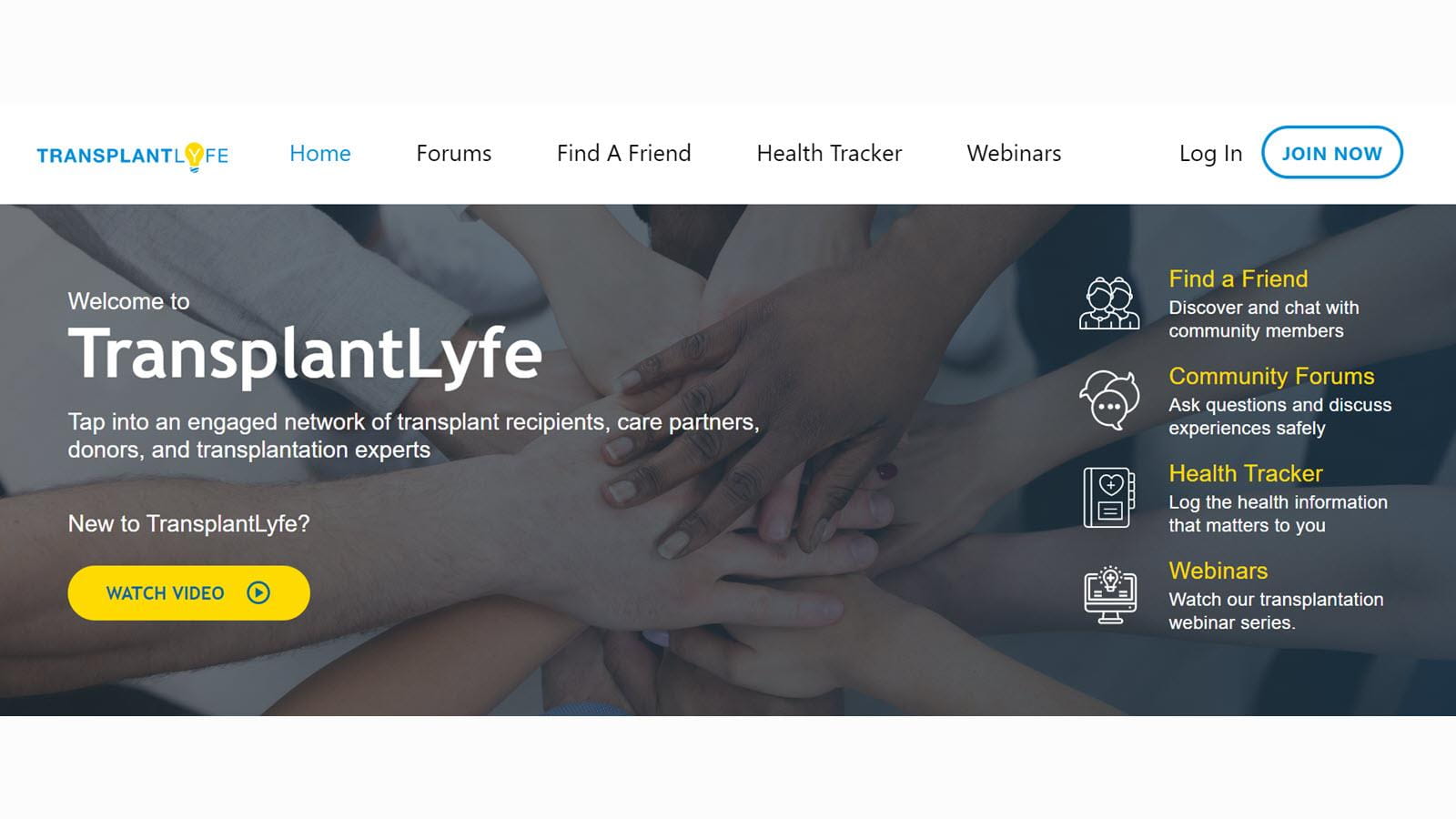Receiving a transplant is no small feat. Before surgery, transplant recipients will have their time filled with doctor’s appointments, reading information about what to do before and after surgery, and of course, preparing emotionally. While much effort goes into preparing for transplant surgery, recipients also face a transition to post-transplant life.
Online platform TransplantLyfe, sponsored by CSL Behring, was developed to connect transplant candidates, recipients, donors and care partners as they navigate the entire journey. While the platform covers all facets of organ transplant, it particularly helps users to connect with others about living with a transplant and the emotional and physical impact. CSL Behring is raising awareness about organ donation and supporting transplant recipients as it researches potential new treatments in transplant medicine.
Here are five lessons we learned from TransplantLyfe users about living with a transplant.
- Prioritizing mental health is key.
- It is important for recipients to feel connected and heard throughout their transplant surgery recovery.
- Connecting or speaking with a counselor, therapist or support group can be vital in working through the emotional toll that a transplant surgery can take.
- The pandemic changed the way that people – especially transplant recipients – approach access to health care teams.
- There should be careful coordination among providers based throughout the hospital—pharmacists, nurses, physical therapists, and the transplant coordinators and surgeons.
- Follow-up appointments and check-ins encourage open communication with a recipient’s transplant team and can prevent setbacks.
- Amid a continuing pandemic, work with your medical team to develop a plan that ensures a safe environment. Scheduling virtual check-ins and having caregivers be a part of the conversations provides a sense of support while receiving medical updates.
- Personal care has never been more important to avoid future infections.
- Recipients should frequently wash hands with soap and water, especially before preparing food or after touching soiled linens or clothes.
- Protect skin from scratches, sores and other irritations that may lead to infection. If recipients have a cut, they should clean the area well with soap and water or hydrogen peroxide and cover appropriately.
- Maintain a healthy weight and diet.
- Avoid processed foods and drinks that are high in fat, sugar and sodium, and read labels carefully.
- Stay well hydrated with water.
- Work with your medical team to determine an approved exercise regimen.
- Be alert to medication side effects.
- Transplant teams, recipients and caregivers should discuss post-transplant needs, treatments and side effects.
- If a recipient experiences new or changing side effects, talk with the doctor or medical team. The team can determine if changes are needed, such as a different medicine or therapy, so they can continue to support the recipient moving forward.



